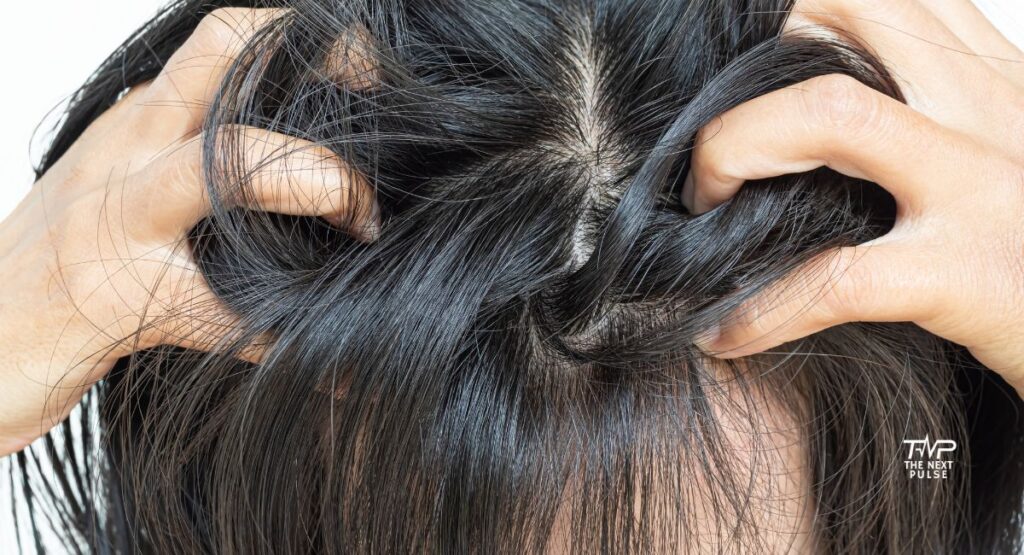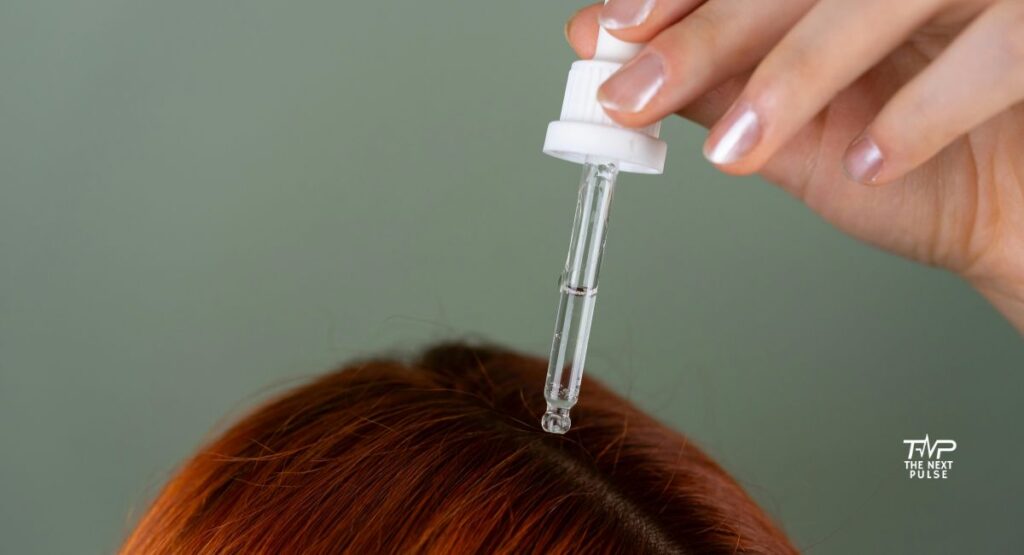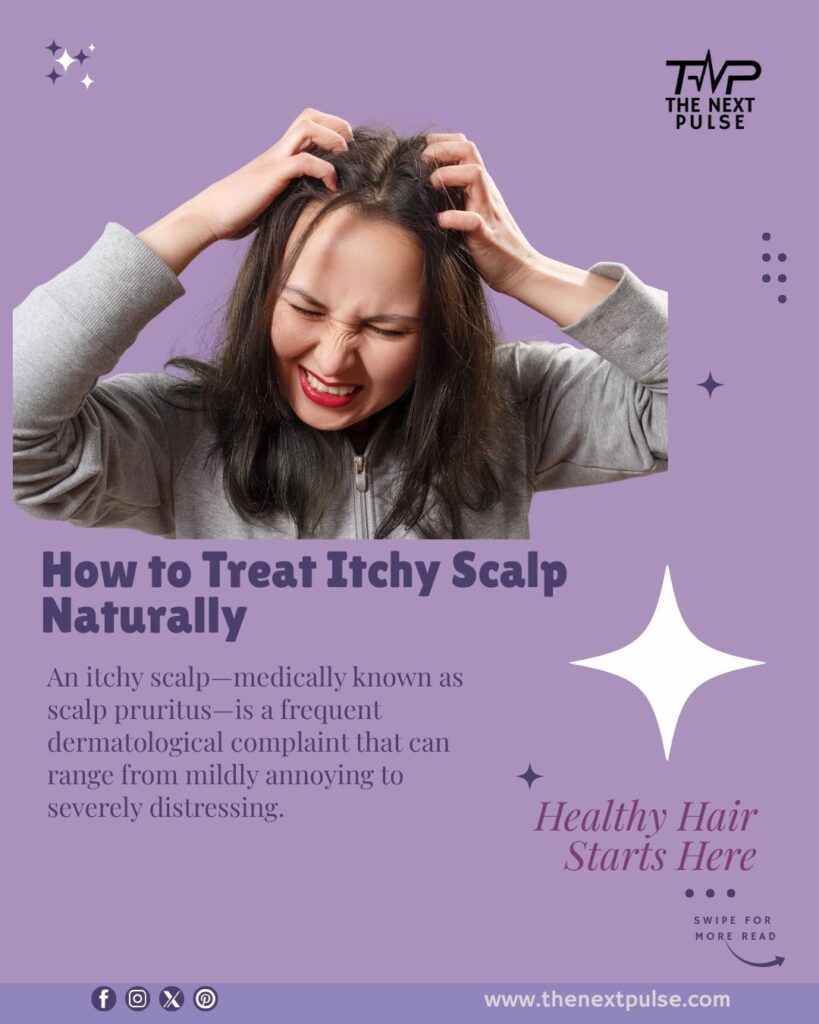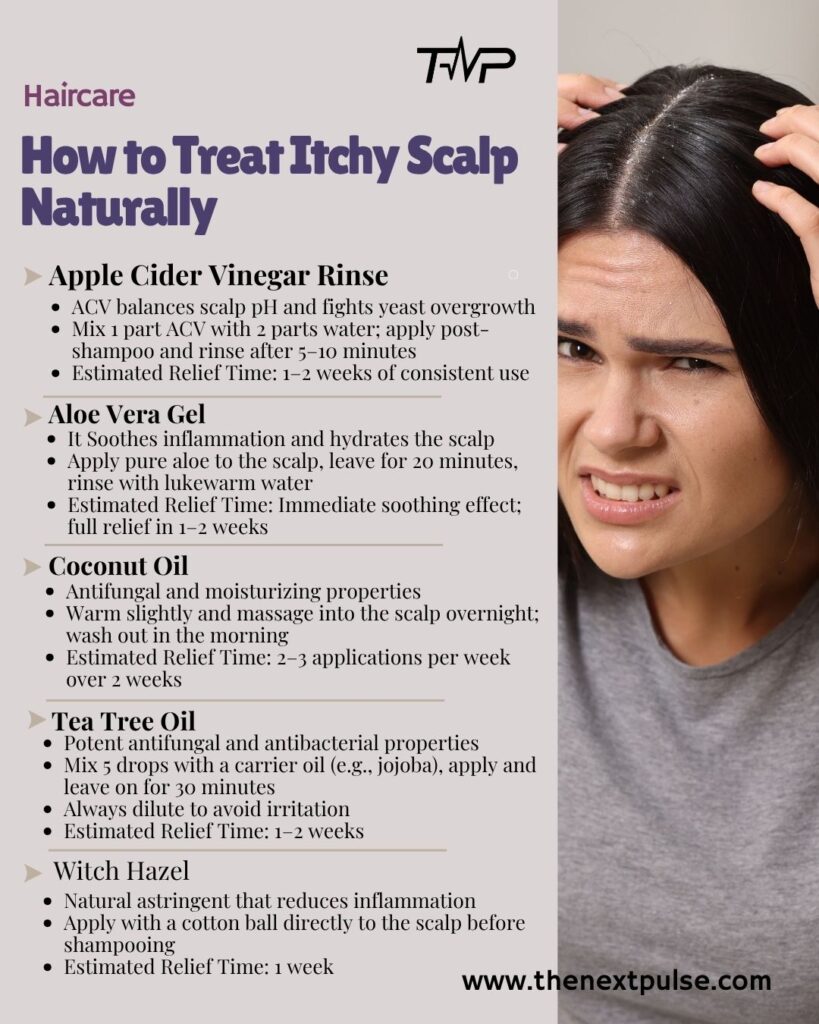Tired of Constantly Scratching Your Head? You’re Not Alone.
Imagine being in an important meeting or enjoying a night out—and suddenly, your scalp starts itching uncontrollably. You scratch, hoping for relief, but it just gets worse. An itchy scalp isn’t just uncomfortable—it’s frustrating, distracting, and sometimes embarrassing.
Whether it’s caused by dryness, dandruff, or an underlying condition, this common problem can affect anyone. The good news? There are effective, dermatologist-approved ways to stop the itch and restore scalp health.

Why You’ll Love This Guide
- Backed by dermatological expertise
- Includes natural, science-based home remedies
- Preventive tips to stop recurrence
- Answers to your most common questions
Understanding the Problem: What Is an Itchy Scalp?
An itchy scalp—medically known as scalp pruritus—is a frequent dermatological complaint that can range from mildly annoying to severely distressing.
What It Looks and Feels Like
- Persistent itching or tingling sensation
- Redness or inflammation
- Dry patches, flaking, or visible dandruff
- Occasional small bumps or scabs (from scratching)
Common Causes of an Itchy Scalp
- Dandruff (Seborrheic Dermatitis): Overgrowth of Malassezia yeast, often worsened by oil buildup.
- Dry Scalp: Often due to cold weather, harsh shampoos, or dehydration.
- Psoriasis: Autoimmune condition that leads to thick, scaly patches.
- Contact Dermatitis: Allergic reaction to hair dyes, shampoos, or styling products.
- Head Lice: Tiny parasites that cause intense itching.
- Fungal or Bacterial Infections: Often accompanied by crusting or hair loss.
If your scalp gets greasy but still itches, check out our dermatologist-backed guide on treating an oily scalp naturally.
Trigger Factors
- Stress and hormonal fluctuations
- Poor hygiene or infrequent shampooing
- Excessive use of hair styling products
- Harsh chemicals (dyes, bleach, sulfates)
- Diets low in essential fatty acids and zinc
Dermatologist-Recommended Medical Treatments
If your itchy scalp is persistent or severe, it’s best to consult a dermatologist. Here are the most effective clinical options:

1. Medicated Shampoos
- Ingredients to Look For: Ketoconazole, salicylic acid, selenium sulfide, zinc pyrithione, coal tar
- Brands: Nizoral®, Head & Shoulders Clinical®, Neutrogena T/Gel®
- Frequency: 2–3 times per week
2. Topical Corticosteroids
- Used For: Psoriasis, eczema, severe allergic reactions
- Available As: Lotions, foams, or gels
- Precaution: Long-term use may thin the skin—use under doctor supervision.
3. Antihistamines
- Helps relieve allergy-related itching (e.g., due to contact dermatitis)
4. Antifungal or Antibiotic Treatments
- Prescribed when infection is the root cause
- May be oral or topical
Expected Results Timeline:
- Mild cases: 1–2 weeks
- Moderate to severe: 3–6 weeks with ongoing maintenance
Dry, frizzy strands can make scalp irritation worse — learn how to bring back moisture the natural way.
Home Remedies for Itchy Scalp Relief (Backed by Science)
Natural remedies can offer safe, cost-effective relief—especially for mild symptoms. Here’s what works:
1. Apple Cider Vinegar Rinse
- Why It Works: ACV balances scalp pH and fights yeast overgrowth
- How to Use: Mix 1 part ACV with 2 parts water; apply post-shampoo and rinse after 5–10 minutes
- Estimated Relief Time: 1–2 weeks of consistent use
2. Aloe Vera Gel
- Why It Works: Soothes inflammation and hydrates the scalp
- How to Use: Apply pure aloe to the scalp, leave for 20 minutes, rinse with lukewarm water
- Estimated Relief Time: Immediate soothing effect; full relief in 1–2 weeks
3. Coconut Oil
- Why It Works: Antifungal and moisturizing properties
- How to Use: Warm slightly and massage into the scalp overnight; wash out in the morning
- Estimated Relief Time: 2–3 applications per week over 2 weeks
4. Tea Tree Oil
- Why It Works: Potent antifungal and antibacterial properties
- How to Use: Mix 5 drops with a carrier oil (e.g., jojoba), apply and leave on for 30 minutes
- Precaution: Always dilute to avoid irritation
- Estimated Relief Time: 1–2 weeks
5. Witch Hazel
- Why It Works: Natural astringent that reduces inflammation
- How to Use: Apply with a cotton ball directly to the scalp before shampooing
- Estimated Relief Time: 1 week


Additional Tips to Prevent Itchy Scalp Recurrence
Daily Hair Care Adjustments
- Use sulfate-free, fragrance-free shampoos
- Avoid over-washing (2–3 times a week is ideal for most)
- Rinse thoroughly to remove all product residue
Diet & Lifestyle
- Increase intake of omega-3s, zinc, and biotin
- Stay hydrated
- Manage stress with yoga, meditation, or regular exercise
Your diet also affects your scalp — Harvard experts suggest foods rich in zinc and omega-3s.
Avoid These Common Mistakes
- Using hot water on your scalp
- Scratching with nails—use gentle massage if needed
- Switching products frequently without patch testing
🔍 Pro Tip from a Dermatologist: If your scalp itch comes with flaking or sores and doesn’t respond to home care within 10 days, it’s time to see a dermatologist. Delaying treatment can worsen inflammation and even lead to hair loss.
FAQs
Yes, stress can worsen conditions like dandruff, eczema, or psoriasis, triggering scalp itch.
No. Dandruff is caused by excess oil and yeast, while dry scalp results from lack of moisture.
Yes, when properly diluted. Always do a patch test first to avoid irritation.
Absolutely. A diet rich in zinc, omega-3 fatty acids, and antioxidants supports scalp health.
If the itch lasts more than two weeks, is severe, or involves hair loss, consult a dermatologist.
Final Thoughts: Say Goodbye to the Itch—For Good
An itchy scalp doesn’t have to rule your life. Whether you’re dealing with dandruff, dryness, or an allergic reaction, there are proven medical and natural treatments that can restore balance and comfort. The key is consistency—and knowing when to seek professional help.
Take action today. Try a remedy, adjust your routine, and give your scalp the attention it deserves. Your hair (and peace of mind) will thank you.

Argan Oil Hair
Lightweight Formula – Our argan oil for hair is an alcohol-free and fast-absorbing treatment that nourishes hair without leaving greasy residue, while also shielding hair from styling tools, chemical treatments, and environmental damage.
